The capital Damascus is the key to Syria’s freedom, argues Ayya Harraz.
While the rest of Syria is rattled with an uprising and faces the possibility of a civil war, Damascus remains relatively inactive. Analysts and journalists have asked whether the uprising will reach Damascus, and if so when? This brings only one thing to mind, the crucial role the capital city has played throughout the Arab Spring. Indeed, the Syrian capital is the main fortress for Bashar al Assad, and just as Muammar Gaddafi fought from his fort of Sirte until his dying day, so too it seems will the leader of the Baathist regime.
Eight months ago, Damascus started turning into a situation similar to a state of emergency. Bab Touma, the old city, was completely shut off to Syrians yet, strangely enough, open to foreigners. Soldiers and security forces dressed in plainclothes were carrying weapons. Lined up or sitting down, soldiers formed a wall around Syrian homes. A brave Syrian friend screamed on the phone to me that he was forbidden to leave his house.
Meanwhile, my colleagues and I—the foreigners—roamed the eerily empty streets of Damascus, completely aghast at what we were seeing. However, as a Syrian taxi driver explained, this was because it was a Friday. Any other day would be a normal busy day in Damascus.
Eight months later and the capital continued to see its “normal busy days", until shortly after the arrival of the Arab League observers.
The Syrian regime accused Al-Qaeda operatives or armed terrorists of carrying out bomb blasts and a "suicide attack" in Damascus. However, the Syrian National Council (SNC) and the Free Syrian Army were quick to respond and claimed they were not responsible for the attacks, instead blaming Assad’s regime for orchestrating the incident to “discredit its critics.” This claim against the Syrian regime is a possibility because the bomb blasts that took place on December 23 targeted security and intelligence buildings in central Damascus.
Whoever was behind the attacks can be held responsible for generating two crucial scenarios, both of which will influence the course of action regarding Syria’s revolution.
First, Assad may actually get his way and have successfully instilled enough terror and fear among Syrians in Damascus to persuade them that only he can secure their safety. However, this fear could evolve into anger and the residents of Damascus may soon turn against the Assad regime. In turn, the possibility of a strong uprising from the capital may then lead to the point of defeat for the regime that hundreds of thousands of Syrian protesters are fighting against.
Perhaps this may be too optimistic, but one of the main factors shared by all the Arab uprisings is the influence the capital city has on a revolution. From Cairo to Tripoli, capturing the capital has proven to be a sign of victory to the rebels and revolutionaries.
Indeed, the revolutions have only really gained and maintained international attention when they were occurring in the capital. Likewise, the capital cities tend to become the final "battlefield," as they are the strongest bases the dictators hold. Once claimed by either the opposition or rebels, the capital symbolises the conquest against their dictators.
As Damascus slowly enters into a state of emergency, Assad will attempt to ensure that “terrorists” or “armed gangs” do not occupy his capital. He is fully aware this is his last battleground. On the other hand, unlike the Libyan rebels, the Syrian opposition have not received direct arms, funding or any type of physical assistance from the international community.
At the time of writing this article, a pro-government rally was taking place in central Damascus. Regardless of the situation, there is no turning back. One thing is surely certain: Assad cannot expect Syria to return to what it was ten months ago.
*[A version of this article was originally published by Comment Middle East].
The views expressed in this article are the author's own and do not necessarily reflect Fair Observer’s editorial policy.
Support Fair Observer
We rely on your support for our independence, diversity and quality.
For more than 10 years, Fair Observer has been free, fair and independent. No billionaire owns us, no advertisers control us. We are a reader-supported nonprofit. Unlike many other publications, we keep our content free for readers regardless of where they live or whether they can afford to pay. We have no paywalls and no ads.
In the post-truth era of fake news, echo chambers and filter bubbles, we publish a plurality of perspectives from around the world. Anyone can publish with us, but everyone goes through a rigorous editorial process. So, you get fact-checked, well-reasoned content instead of noise.
We publish 2,500+ voices from 90+ countries. We also conduct education and training programs
on subjects ranging from digital media and journalism to writing and critical thinking. This
doesn’t come cheap. Servers, editors, trainers and web developers cost
money.
Please consider supporting us on a regular basis as a recurring donor or a
sustaining member.
Will you support FO’s journalism?
We rely on your support for our independence, diversity and quality.



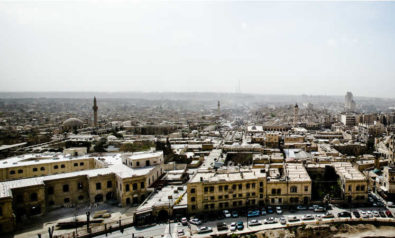
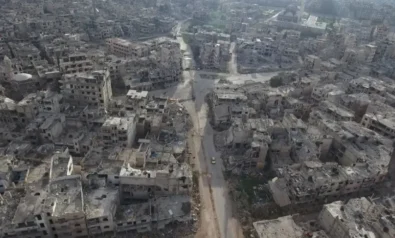
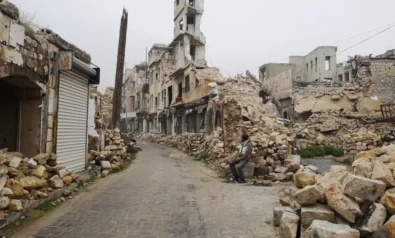
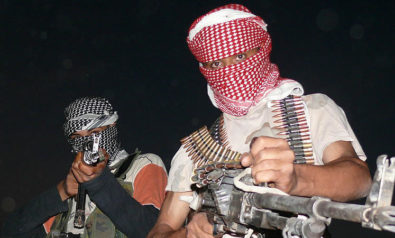
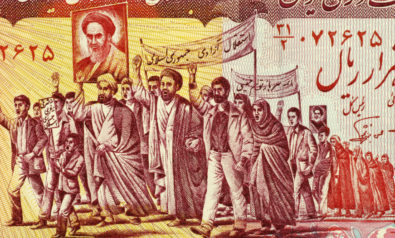

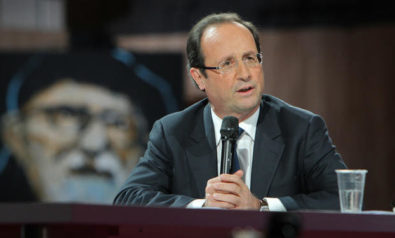
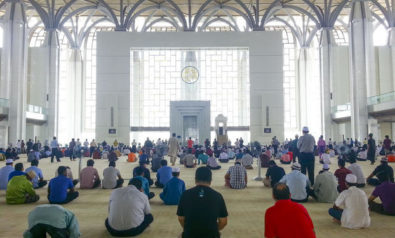
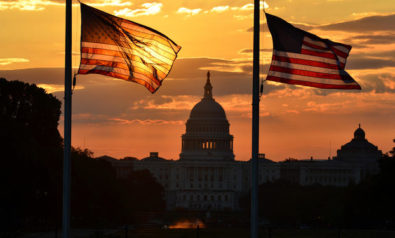
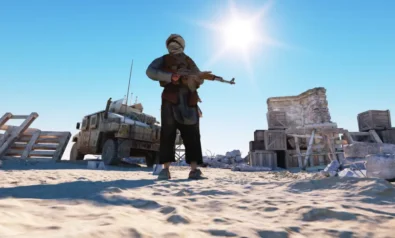
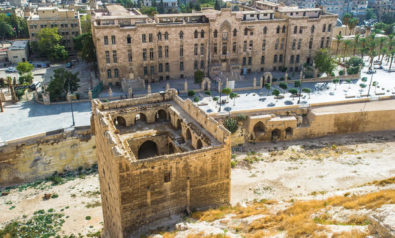
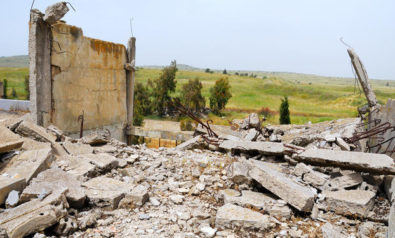
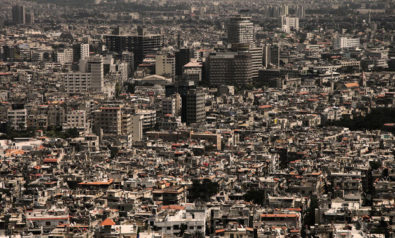

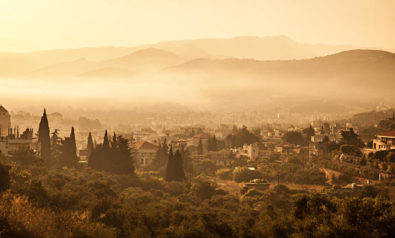
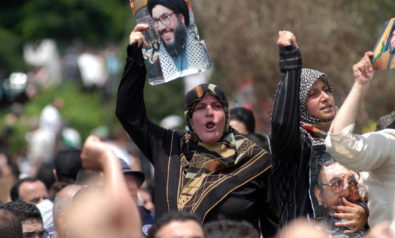
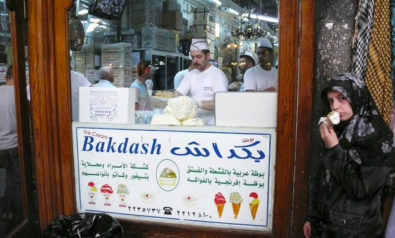

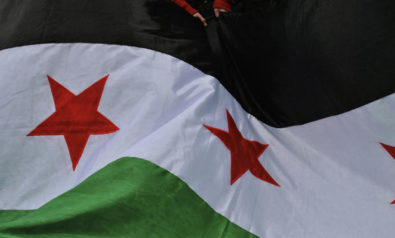
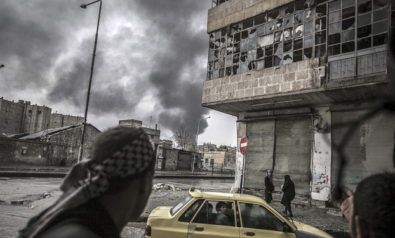
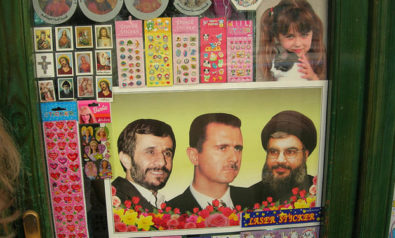
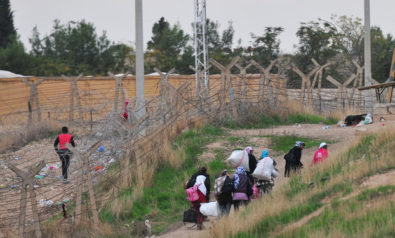
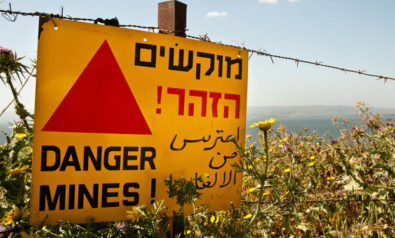
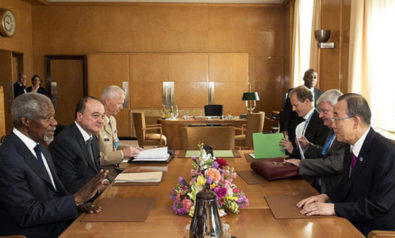

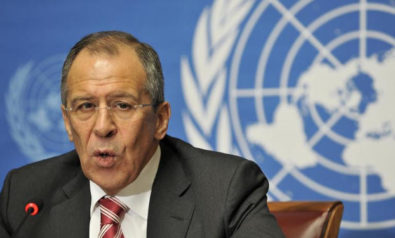

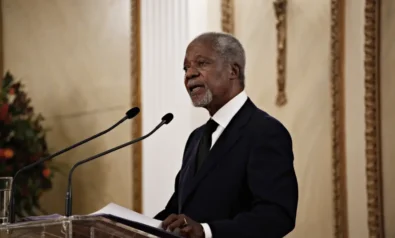
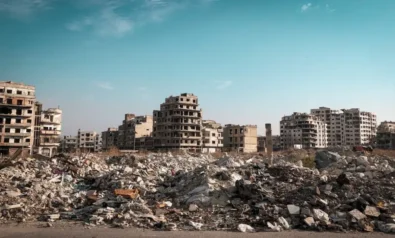
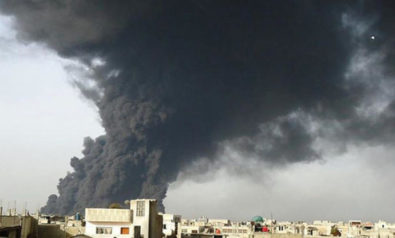

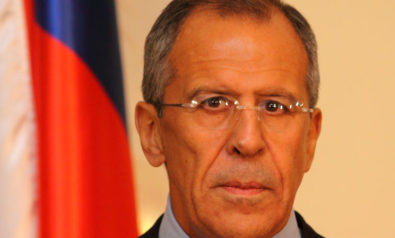
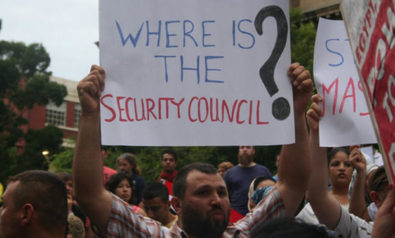
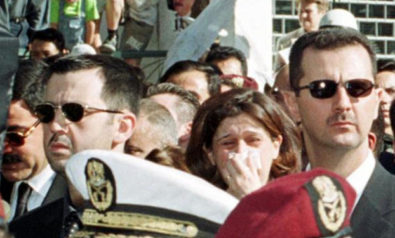
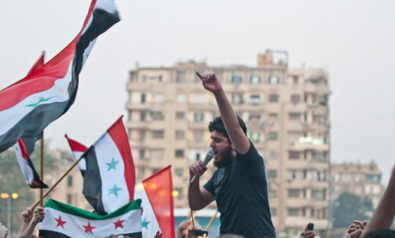
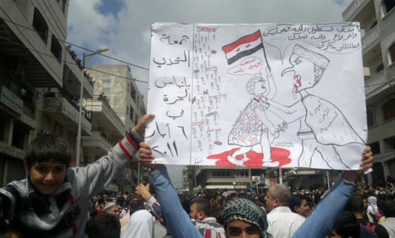

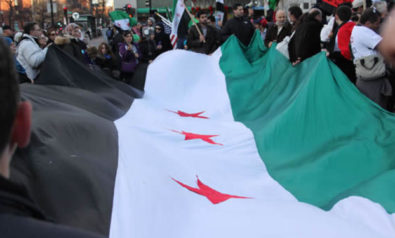

Comment